Understanding Depression
Table of Contents
What is Depression?
Depression is often referred to as major depression, major depressive disorder, or clinical depression. It encompasses various forms, some of which may arise in response to particular situations or circumstances.
Depression extends beyond just experiencing temporary feelings of sadness or frustration. While it’s normal for everyone to have moments of feeling low, depression involves a prolonged sense of sadness that can last for weeks or even months, rather than just a few days.
Depression is characterised by persistent feelings of sadness, hopelessness, and a lack of interest or pleasure in daily activities. It can affect anyone, regardless of your age, your gender, or your background, and can significantly impact various aspects of life, including work, relationships, and overall well-being.
What Causes Depression?
Depression is a complex condition that can develop for many different reasons, including past experiences, ongoing stress, major life changes, or the way your brain and body respond to certain challenges.
Some people experience depression during transitions such as losing a loved one, facing a relationship breakdown, or going through significant uncertainty. Others may carry emotional wounds from earlier experiences, or have a brain chemistry and nervous system that are more vulnerable to low mood.
What Are the Different Types of Depression?
Depression can show up in different ways for different people. There are different tyles of depression, and understanding these can be the first step towards the right support and treatment:
- Major Depressive Disorder (MDD) – Ongoing feelings of sadness, emptiness, or loss of interest that last most of the day, nearly every day, for at least two weeks.
- Persistent Depressive Disorder (Dysthymia) – A lower-level but long-lasting form of depression that can persist for years.
- Bipolar Disorder – Involves shifts between depressive episodes and periods of elevated mood or energy (mania or hypomania).
- Postpartum Depression – Depression that occurs after childbirth, often linked to hormonal changes and life adjustments.
- Situational Depression – Brought on by a specific event or change, such as loss, trauma, or major life stress.
What Are the Symptoms Associated with Depression?
Symptoms of depression can vary from person to person, but they often include:
Emotional Symptoms:
- Persistent sadness or low mood
- Feelings of hopelessness or worthlessness
- Increased irritability or frustration
Cognitive Symptoms:
- Difficulty concentrating, making decisions, or remembering things
- Negative thoughts or excessive self-criticism
- Thoughts of self harm or suicide
Physical Symptoms:
- Changes in appetite or weight (either loss or gain)
- Sleep disturbances, including insomnia or excessive sleeping
- Increased fatigue or loss of energy
Behavioural Symptoms:
- Withdrawal from social activities and relationships
- Decreased performance at work
- Neglecting responsibilities or personal care
If you have been experiencing some of the following signs and symptoms, most of the day, nearly every day, for at least 2 weeks, you may be struggling with depression
Recognising these symptoms is crucial for seeking help and starting the journey toward recovery.
Central Mind’s Approach To Depression
Therapy can help people with depression by teaching them new ways of thinking and behaving and helping them change habits that may contribute to depression. Treatment for depression typically involves a combination of approaches tailored to the individual’s needs. Here’s how our therapists can help:
- Cognitive Behavioural Therapy (CBT): is effective in helping individuals understand and change negative thought patterns and behaviours associated with depression as well as focusing on symptom management.
- Psychodynamic Therapy: focuses on exploring an individual’s past experiences to understand and address their current emotional challenges. This type of therapy aims to uncover underlying issues that may be contributing to present difficulties.
How Do You Know If You’re Ready for Support for Your Depression?
You don’t have to wait until things feel unbearable before reaching out for help. If you’ve been feeling low, lacking motivation, or just not quite like yourself, support is here whenever you’re ready.
You might benefit from therapy for your depression if:
Your energy and motivation feel low
If getting through the day feels harder than it used to, therapy offers a space to explore why, and to gently rebuild the energy and drive you’ve been missing.
You want to feel more connected
Depression can make the world feel distant, dull, or isolating. Support can help you reconnect with your emotions, your relationships, and the activities that once brought you meaning.
You’re going through a life change
Major shifts – whether it’s a loss, career change, or relationship ending, can trigger or deepen depression. Talking it through with someone can help you process and adapt with greater clarity and self-compassion.
You’re tired of facing it alone
You’ve likely been carrying a heavy load for some time. Therapy is a place where you don’t have to hide the weight you feel, where your emotions are met with understanding, not judgement.
You’re ready to take care of yourself
Seeking support isn’t about “fixing” yourself. It’s about honouring your needs, finding ways to feel lighter, and reconnecting with the parts of you that deserve to thrive.
Meet our therapists specialising in working with Depression in Hong Kong
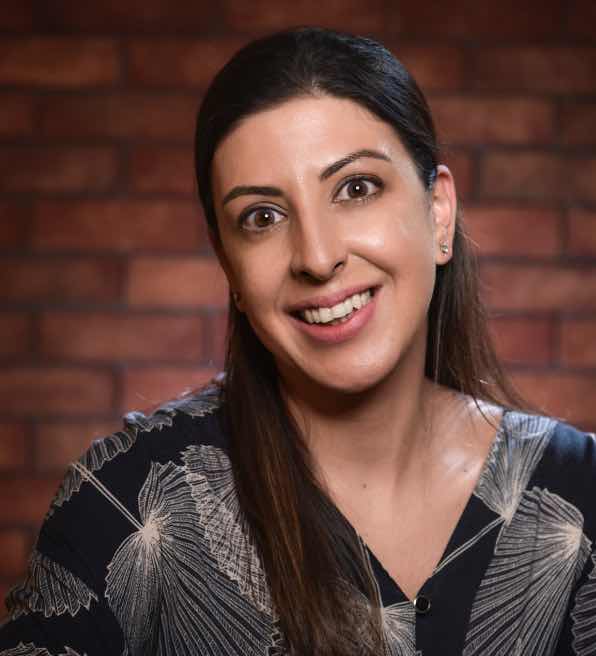
Dr. Sharmeen Shroff
Clinical Psychologist
With over 14 years of experience, Dr Shroff has worked in community mental health centres, private psychology clinics, medical clinics and both outpatient and inpatient units in hospitals in Hong Kong, the United Kingdom and the USA. She is one of the few clinical psychologists in Hong Kong that have been intensively trained to practice psychotherapy from a psychodynamic depth perspective.
Dr. Kaili Chen
Clinical Psychologist
Dr. Chen has worked in the field of psychology since 2010 in several non-profit organizations and community mental health centers. Before settling in Hong Kong, she has lived in Singapore, Thailand, Malaysia, China, and the United States, and understands firsthand the stresses expats face living abroad and the intricacies of multicultural lifestyles.
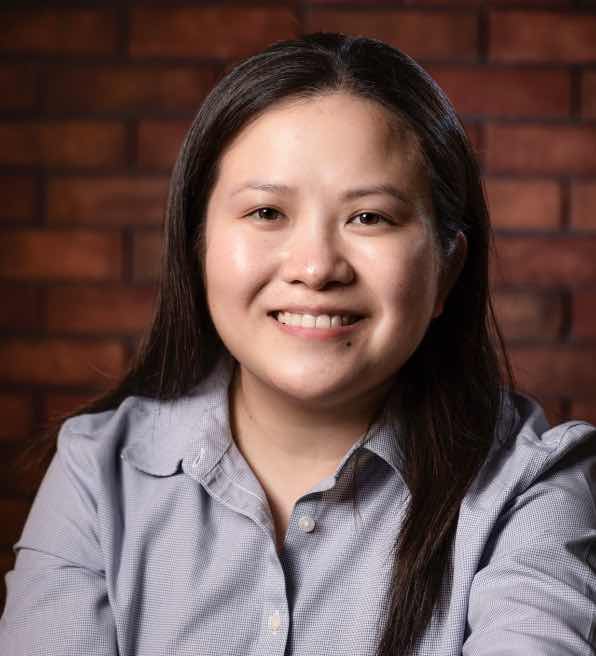

Bhavna Bharvani
Clinical Counsellor Relationship Counsellor
Bhavna is a US-trained Licensed Professional Clinical Counsellor, registered with the California Board of Behavioural Sciences (LPCC 10182). She started out practicing in San Francisco, where she worked with individuals, couples, teenagers, and LGBTQIA+ folks with chronic and complex trauma. She worked across a range of settings including community mental health, schools, and residential substance use treatment centers
Dr. Natalie Loong
Clinical Psychologist
Dr. Natalie Loong is a California licensed clinical psychologist with years of experiences working in community mental health, outpatient, residential, and private practice settings in Hong Kong and the United States. As a bilingual psychologist, Dr. Loong provides services in both English and Cantonese and has extensive experiences working with adults, adolescents, and children from diverse cultural and…
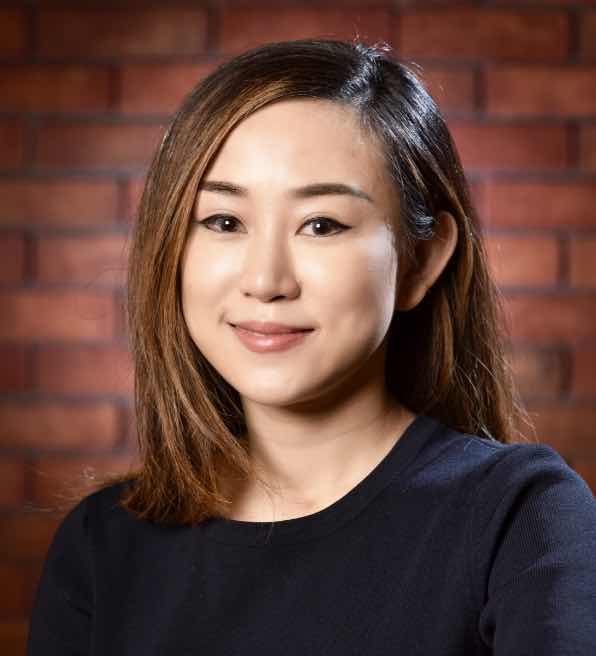

Teresa Chan
Cognitive Behavioural Psychotherapist
Teresa is a UK-trained specialist who has worked one-to-one with clients in the field of clinical mental health since 2011. Born and raised in the UK, she qualified as an accredited Cognitive Behavioural Therapy (CBT) practitioner and spent 8 years working within the National Health Service (NHS) before relocating to Hong Kong in 2018. A native English speaker who also communicates in Cantonese, Teresa holds an undergraduate and master’s degree in Psychology, alongside postgraduate training specialising in CBT.
Dr. Melissa Chan
Clinical Psychologist
Dr. Chan is a UK trained Clinical Psychologist, who has worked in the field of mental health taking up clinical and research roles in the community and academic settings for ten years. She is experienced in treating people with symptoms of depression and anxiety disorders (e.g. social anxiety, bipolar tendencies etc). She also works with people who are struggling with low self-esteem, stress, grief and bereavement, adjustment difficulties and those…

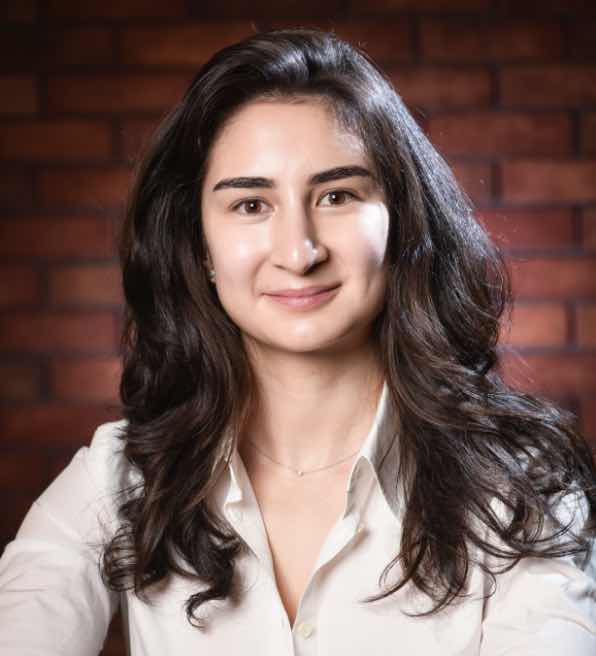
Dr. Aurélie Comes
Clinical Psychologist & CBT Therapist
Aurélie is an experienced Cognitive Behavioral Therapist (CBT) who trained and worked in the UK’s National Health Service. In addition to her CBT specialty, she also qualified as an Eye-Movement Desensitization Reprocessing (EMDR) Practitioner.
Josanna Lai
Clinical Psychologist
Born and raised in Hong Kong, being fluent in English and Cantonese, Josanna has worked as a clinical psychologist for over twenty-six years in Hong Kong and Australia in diverse clinical settings including child assessment center, inpatient PTSD wards, outpatient psychiatric center, university counseling service, NGO for special education needs and certainly private practice.
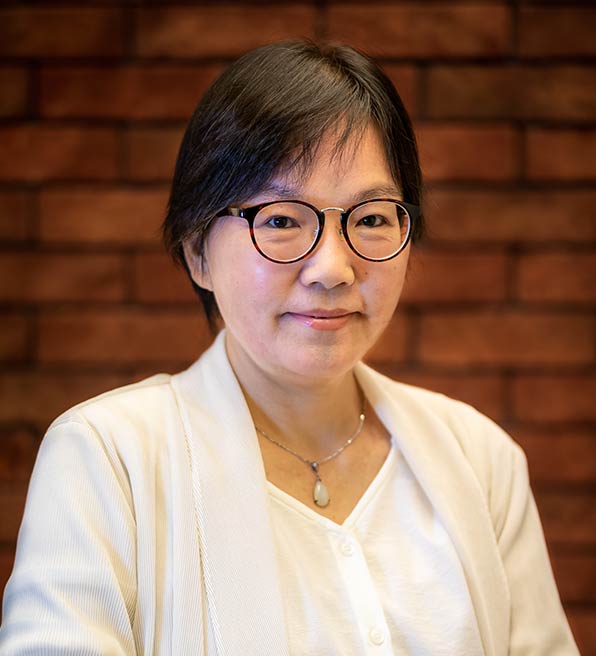
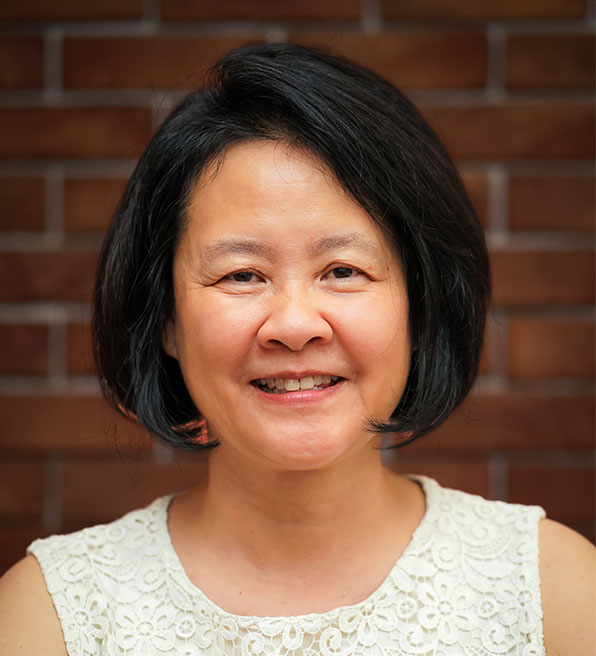
Dr. Christine Mok-Lammé
Clinical Psychologist
Dr. Mok-Lammé is a US trained clinical psychologist licensed in the States of Colorado and Massachusetts. She has worked in the field of psychology in various settings since 2012. She has a wealth of experience working with adults who face difficulties due to complex traumas, challenging family dynamics, and relationship problems.
Michael Beckham
Clinical Counsellor
Michael Beckham is a US-trained and licensed Psychotherapist with 19 years of experience helping clients navigate life’s challenges with compassion, expertise, and care. He assists his clients in understanding how they see themselves, how they see the world, and how they see their place in the world.

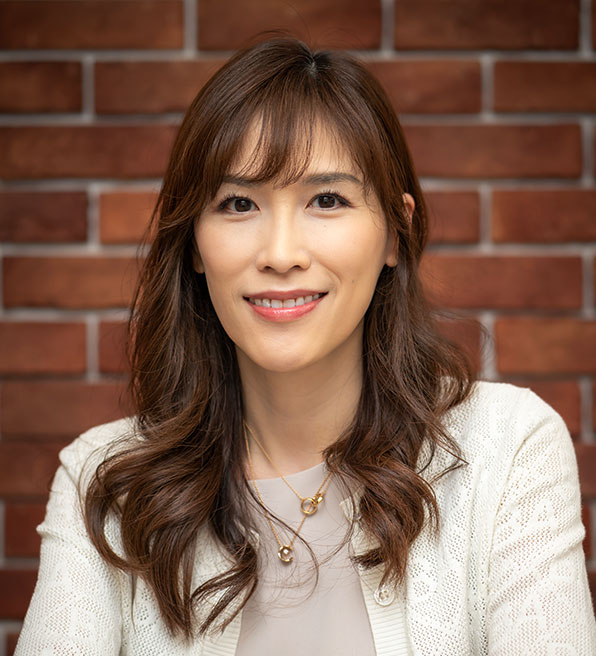
Dr. Karen Wai Liem
Clinical Psychologist, Counselling Psychologist, and Aviation Psychologist
Dr. Liem is a Clinical Psychologist, Counselling Psychologist, and Aviation Psychologist based in Hong Kong. She provides psychotherapy for adolescents, adults, and couples facing psychological or relational challenges. With over 15 years of clinical experience in Hong Kong and overseas, she has worked in diverse settings.
Dr Elaine Ching
Clinical Psychologist
Dr. Ching is a UK trained Clinical Psychologist, offering support to adults with difficulties around anxiety, low mood, stress and burnout, self-esteem, childhood or event specific trauma, interpersonal relationships, and life adjustments (e.g. relocation, grief, chronic physical health, third culture kids). She also has experience with individuals with individuals with emotional

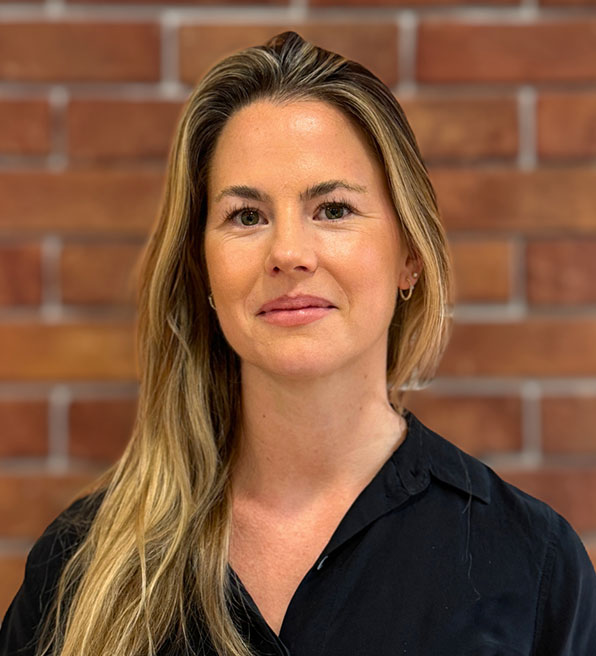
Stephanie Rose
Counselling Trainee
Stephanie Rose is a Supervised Counselling Trainee. Stephanie takes a person-centered approach to counselling; helping clients to explore and connect with their values, personal goals and strengths to navigate challenges and work towards positive changes in their lives. With a professional background in corporate settings, having previously worked at Nissan and Deloitte, Stephanie has a good understanding of work-related issues and pressures that impact wellbeing.
Dr. Edward C. K. Lam
Clinical Psychologist
Edward is a U.S.-trained and licensed Clinical Psychologist in the state of Massachusetts, now bringing his expertise to Hong Kong. With extensive experience across various settings, Edward has helped clients become stronger, more independent, and resilient in the face of challenges. He creates a supportive and non-judgmental environment where clients can explore their struggles and engage more fully in life.

Meet Our Full List Of Counsellors Here!
Frequently Asked Questions (FAQs) For Depression
How long does treatment for depression usually take?
The duration of treatment can vary widely depending on the individual and the severity of their depression. Some people may start to feel better within a few weeks, while others may require several months of therapy and medication. Consistency and open communication with healthcare providers are key to finding the right treatment plan.
Can depression be cured?
While many individuals experience significant improvement in their symptoms with appropriate treatment, depression may not be completely “cured” for everyone. However, with ongoing support and effective management strategies, individuals can lead fulfilling lives and reduce the impact of depression on their daily activities.
What if I’ve tried therapy before and it didn’t work?
That doesn’t mean therapy can’t help you, it might just mean the approach or the fit wasn’t right at the time. Finding the right therapist and style can make all the difference. Your needs and life circumstances may also have changed, so this time could be different.
Can lifestyle changes really make a difference?
Yes. While therapy and, if needed, medication can be core parts of treatment, everyday habits – like balanced nutrition, gentle exercise, sleep, and connection with supportive people, can complement your recovery and boost your mood.




